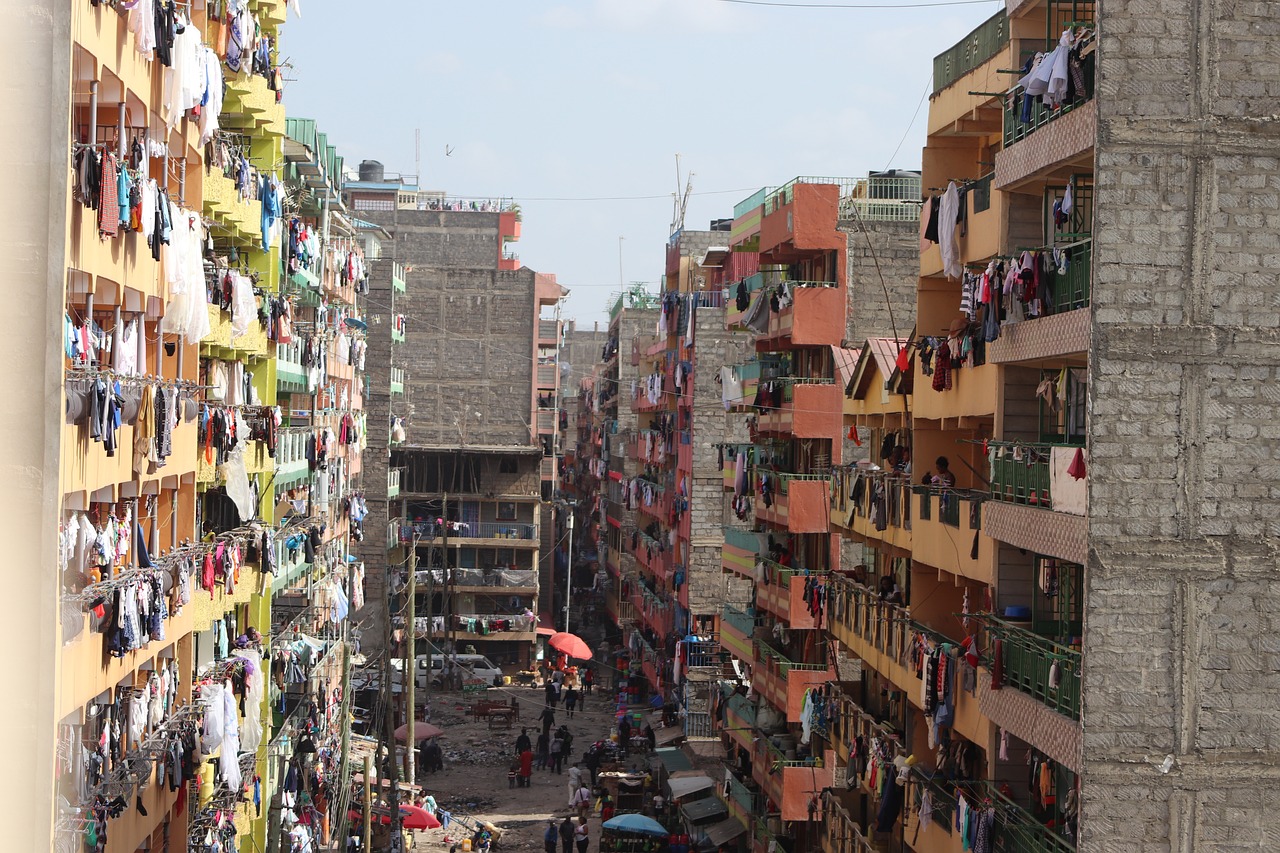NEW YORK - Africa bears virtually no responsibility for the greenhouse-gas emissions driving the climate crisis. It is not responsible for the conflicts or supply-chain disruptions that have driven global inflation. Nor did it trigger the spread of COVID-19, let alone cause the pandemic’s economic fallout. And yet the long-term effects of this trio of crises are being felt perhaps more acutely in Africa than anywhere else.

The International Monetary Fund has estimated that Africa’s additional financing needs resulting from the pandemic will amount to $285 billion over the four years ending in 2025. But with inflation, exchange-rate pressure, and unmanageable debt levels eroding the already-limited room governments have to make the needed short- and longer-term investments, Africa’s real needs are likely much greater.
Despite the remarkable resilience that the continent has shown, anemic economic growth is compounding the challenge. Sub-Saharan Africa endured recession in 2020 for the first time in 25 years. And, according to the African Development Bank (AfDB), the region’s annual growth rate fell from 4.5% in 2021 to 3.5% in 2022. It is expected to amount to just 3.8% this year.
Behind these figures are countless ruined lives. The United Nations Economic Commission for Africa reports that 18 million more Africans slipped into poverty last year. Hard-won progress toward the UN Sustainable Development Goals has been reversed. Conflicts and climate-related disasters – such as protracted droughts, extreme rains, and flooding – are contributing to East Africa’s worst hunger crisis in decades. The human cost is horrifying, with one person predicted to die of hunger every 28 seconds from this crisis alone.
The article's full text is available here.

 Author:
Author:









